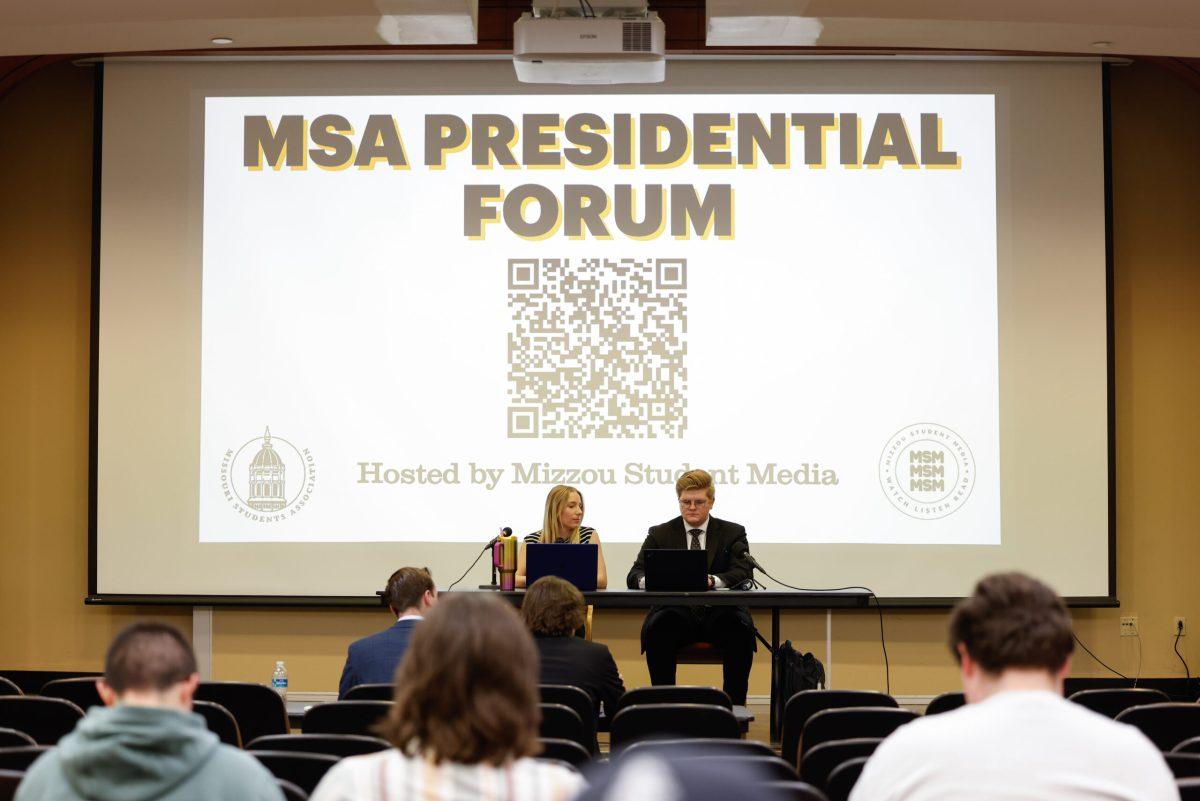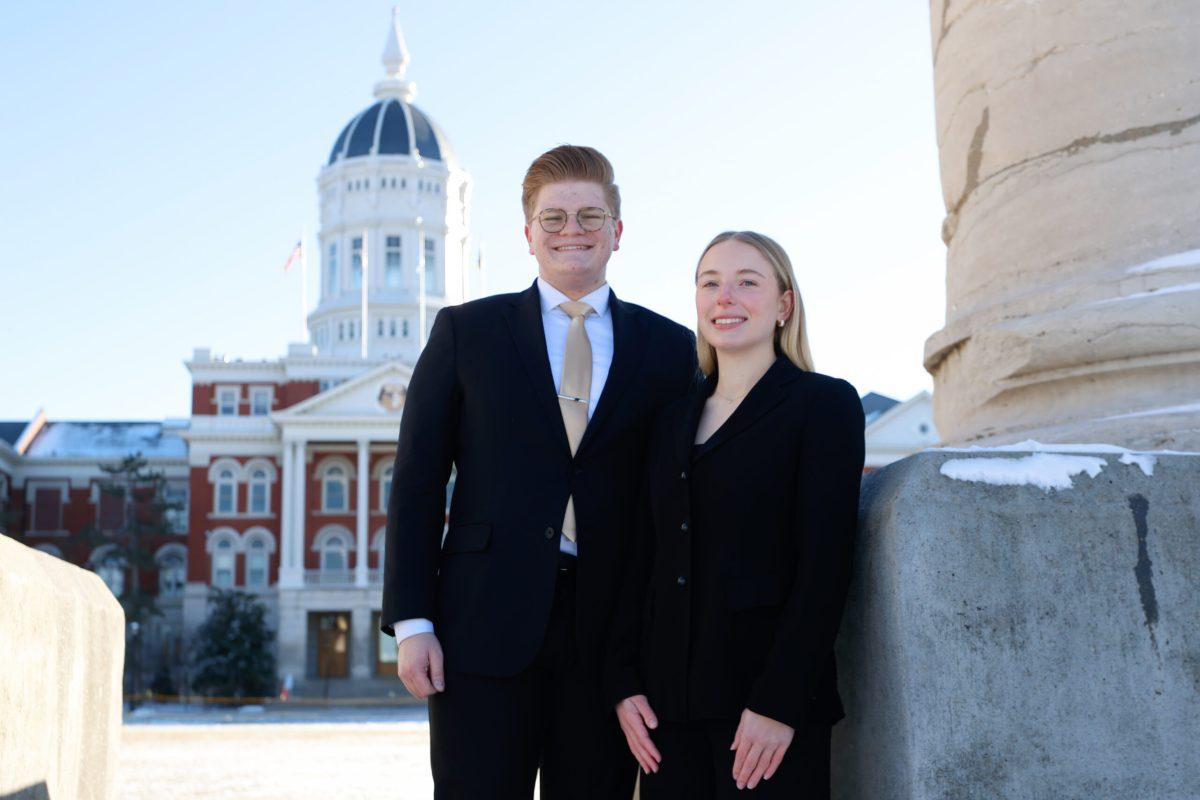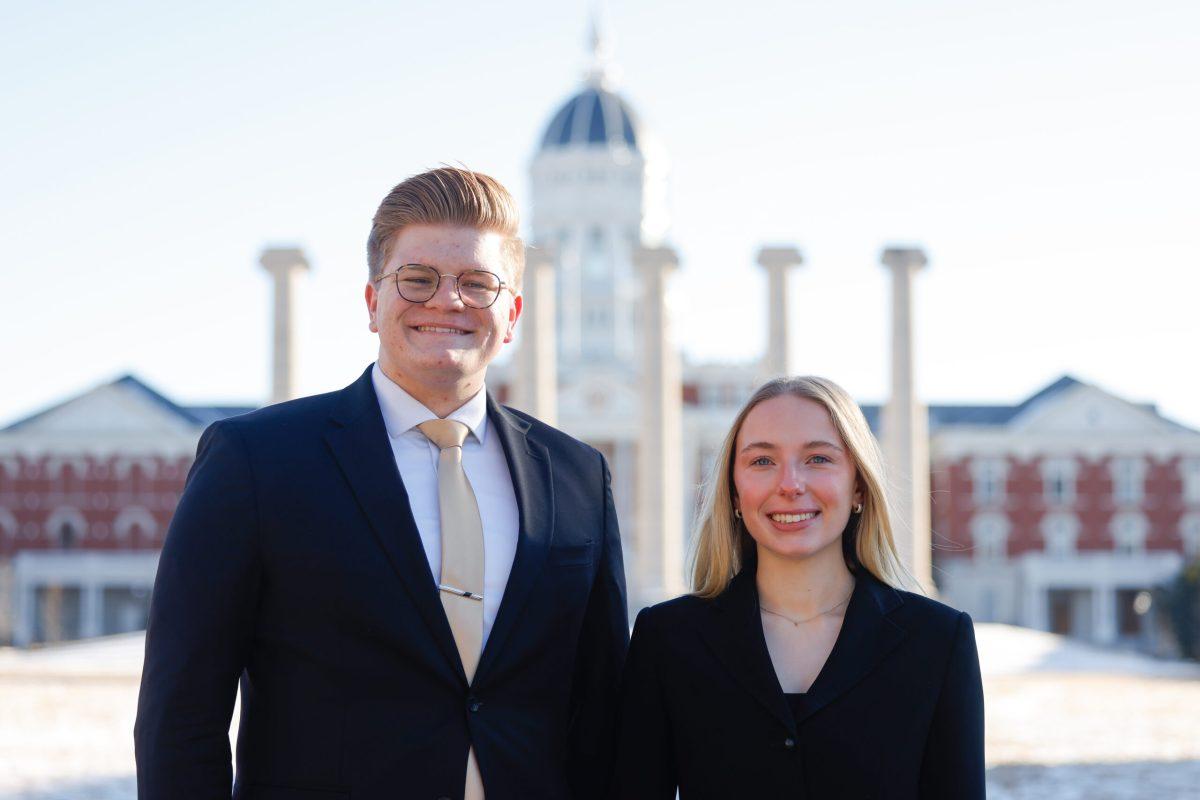The call for changes in the community regarding climate change has been growing louder over the past few months, propelled in part by the Columbia branch of the national Sunrise Movement. Climate change will be a topic on the minds of many voters heading into Tuesday’s election. According to Pew Research Center, 42% of registered voters in the United States say climate change is a very important issue in deciding how they cast their vote.
The Sunrise Movement is an activist movement with the goal to “to stop climate change and create millions of good-paying jobs in the process,” according to the website for the national organization. The group wants to “make climate change an urgent priority across America, end the corrupting influence of fossil fuel executives on our politics, and elect leaders who stand up for the health and wellbeing of all people.”
On a local level, the Columbia sect of the Sunrise Movement organized a climate strike at MU on Sept. 20, 2019, with people in attendance from all across mid-Missouri and various ages. The local strike was organized as part of the Global Climate Strike that stretched across 150 countries. The group hopes to help further the goals of the national organization in a way specific to the city of Columbia.
Normally, the group is focused on environmental justice, but lately, they have also been focused on issues regarding the Black Lives Matter movement and the COVID-19 pandemic.
“Since the George Floyd protests, we’ve changed a lot,” Derrick Webb, the action coordinator of Columbia Sunrise Movement, said. “The structure has a lot of potential to just make change in the community.”
Founded approximately two years ago by Webb and hub coordinator Heather Belser, the group originally focused on recruiting members and connecting with other local organizations. Only four people attended the first meeting; now they have about thirty members meet weekly to organize community actions.
The organization focuses much of its energy on supporting political candidates. Past endorsements have included politicians such as Alexandria Ocasio-Cortez, Ed Markey, Cori Bush and Bernie Sanders. Just like the national movement, the local Columbia hub has a political focus, holding events such as phone banking for Bernie Sanders in February.
“Fundamentally, we do not support candidates who have not pledged to us that they are going to support the reform that we need,” Webb said.
Once a candidate signs the Green New Deal pledge, they will have the support of the Sunrise Movement of Columbia.
The group is already making waves among the Columbia and MU communities. They have participated in the March with Mizzou organized by the Black Student Athlete Association and the Sit-In at the Columns for COVID Safety, both held in September. The group also spreads awareness about other Columbia-specific issues and related petitions.
“We really want to instill change here in the community and at Mizzou,” Webb said.
A new composting system at MU is currently in the works through the collaboration of the Columbia Sunrise Movement and MU’s agriculture department. Once established, the compost will then be taken to local community gardens.
The group’s biggest challenge yet may be MU’s endowment fund, which is in part invested in fossil fuel companies, Webb said. He said they want to urge MU to divest away from fossil fuel organizations and invest into renewable energy companies.
MU’s endowment pool, composed of money from donors that can then be invested, has an overall fundraising goal set at $1.3 billion. The university “is allowed to invest in the following asset sectors: global equity, absolute return strategies, private equity, real estate, global fixed income, high-yield fixed income, floating rate bank loans, global inflation-linked bonds, emerging markets debt, and risk balanced strategies,” according to the UM System 2019 Financial Report.
Columbia Sunrise Movement’s goal to get MU to invest in “anything besides fossil fuel corporations”, Webb said, may prove to be difficult, as it has already faced pushback from the university in the past.
In 2017, the Mizzou Energy Action Coalition advocated for divestment, and the Missouri Students Association passed a resolution asking the university to reinvest in renewable energy companies. The university refused to cooperate with the groups’ requests.
Webb said the group is planning several future actions and protests as they work with other groups such as Climate Leaders at Mizzou. They plan on continuing to form coalitions with local organizations and supporting Mizzou 600 and the Missouri Coalition for Covid Safety at MU, especially as the 2020 Presidential Election approaches.
Webb said the organization wants community members to get more involved in activism despite the challenges they may face.
“Regardless of whether or not they join Sunrise Columbia … they should join an organization and see change in the world,” said Webb. “You have to be active. It’s a part of the political process.”
_Edited by Joy Mazur | [email protected]_













